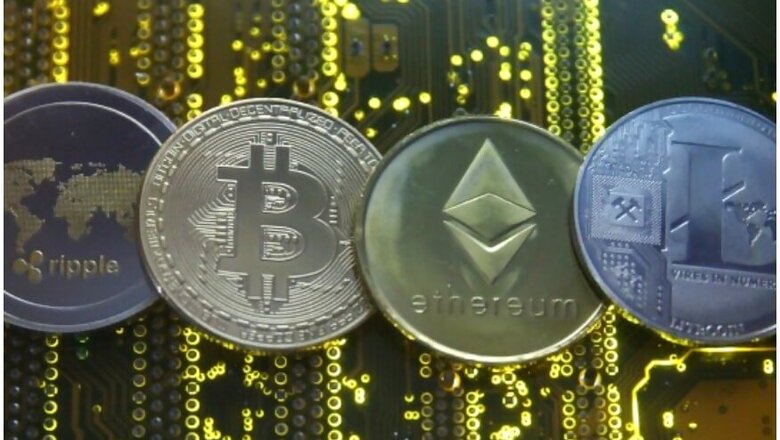
views
New Delhi: The Reserve Bank of India (RBI) has admitted to not having an internal committee that looks into virtual currencies (VCs), a reply to an RTI application filed by New Delhi-based lawyer Varun Sethi has revealed.
However, the central bank is part of two different committees that have been constituted under the ministry of finance to study virtual currencies in India.
The RBI responded in the negative to questions related to formation of a committee within the regulator to understand the working of VCs.
News18 has accessed copies of the RTI application.
The RBI said a clear “No” to questions aimed at finding out if the mandated ban was a result of a research paper, whether an RBI-backed panel initiated the ban or if India’s central bank consulted laws or research being followed by other countries.
The apex bank had on April 6, through its notice titled ‘Prohibition on dealing in Virtual Currencies’, mandated banks, e-wallets, and payment gateway providers to withdraw support for cryptocurrency exchanges and other businesses dealing with VCs in India.
Banks, in turn, made exchanges and traders stop using their accounts for trading in cryptos.
The virtual currency exchanges have approached the Supreme Court against the regulator’s move. The case is scheduled for hearing on July 20.
Sethi had filed the RTI in the first week of April and received the reply by May 9 but revealed the contents on June 12.
Finance minister Arun Jaitley had in his budget speech on February 1 said, “The government will take all measures to eliminate the use of crypto-assets in financing illegitimate activities. The government will also explore the use of blockchain technology for ushering in digital economy.”
Talking to News18, cyber law expert Pawan Duggal said while the government has welcomed development in blockchain, it can never realise its true potential if blockchain tokens are not allowed.
Blockchain is a digital decentralised public ledger where records are kept in a way that forgery becomes next to impossible.
For instance, consider the ledger a document which has 10,000 photocopies. In this ledger, if you make changes in one document, they get reflected in all the copies.
This makes hacking extremely difficult as the person would have to hack 10,000 machines at the same time or else the anomaly would be caught.




















Comments
0 comment